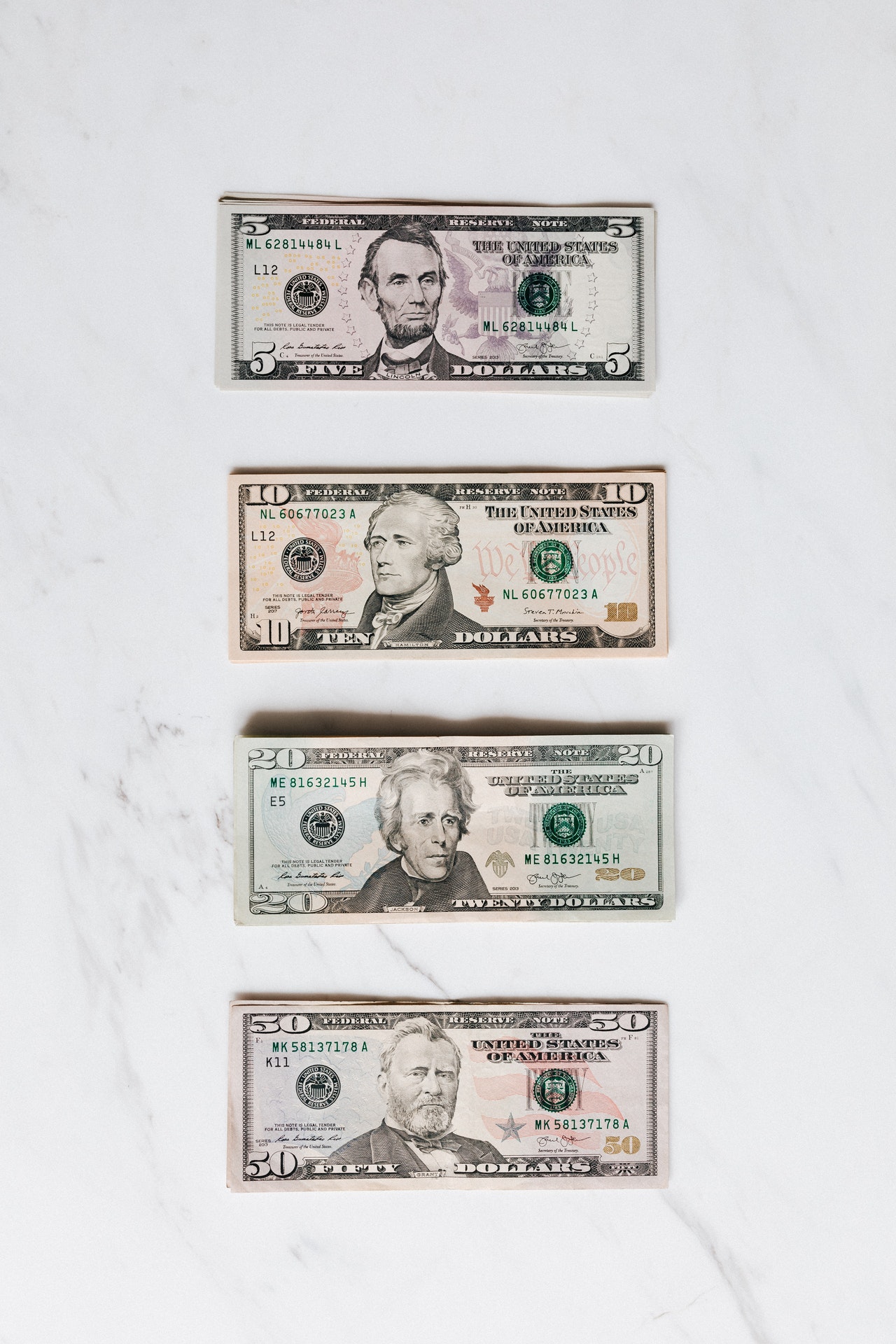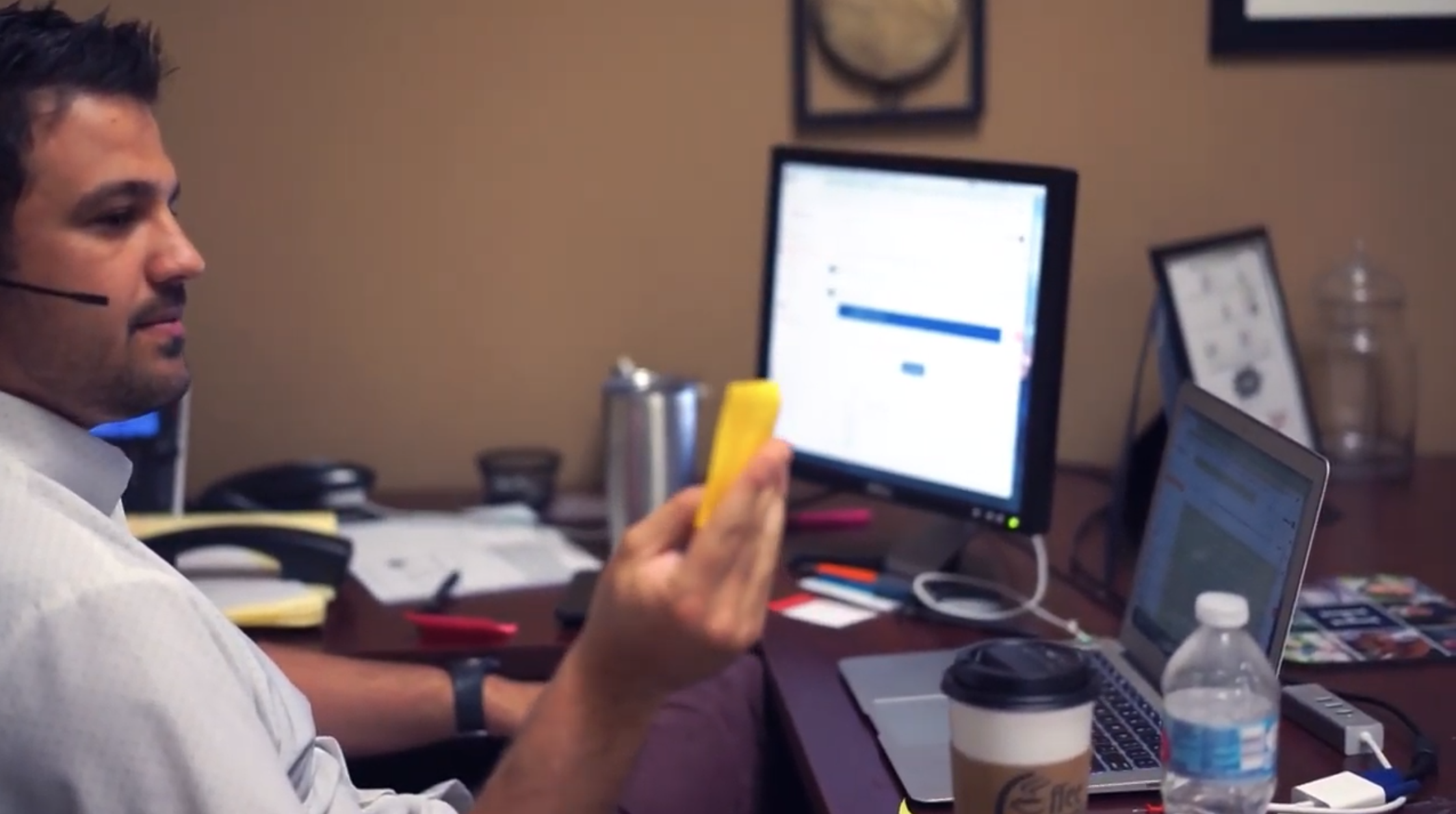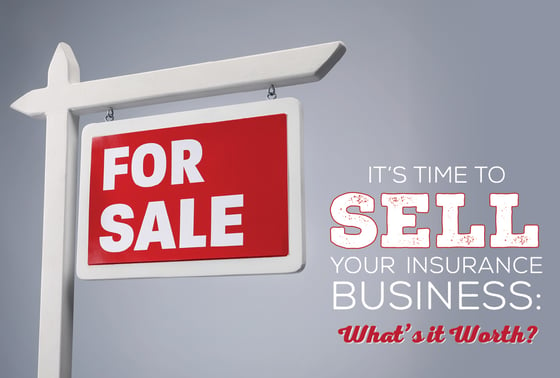For my guys and gals who have narrowed down the retirement possibilities and want to sell, we need to talk about something really important: your book's value.
So, today we're going to help you figure out what your book of business is worth. I'm going to share a bit about some books we have bought, the variables that go into a book's valuation, and what you can do to increase the value of your book.
Jump ahead to any section of this article here:
- The Value of a Book of Business 101
- How Much Does an Insurance Book of Business Cost?
- How You Can Be Paid for Your Book
- Buying Our First Book as a Lump Sum
- Buying Our Second Book Over 5 Years
- The Timing of Selling Your Book
- How to Increase Your Book's Value
The Value of a Book of Business 101
There are many things that go into the valuation of a book of a business – and we'll cover that shortly – but there are some basics we should cover first.
A book of business in the senior insurance world is going to be valued based on your annual gross commission. So, when someone says "My book was valued at 1.5x," they mean that their book is valued at 1.5x their annualized gross commission.
That multiple can range anywhere from 1x to as high as 2.5x or even a little higher depending on how you want to be paid for your book.
In most cases, when an agent is offered 1x, it's someone who just buys the book and lets it ride out. Their plan isn't to actually take care of the customers and grow the book – it's just to end up on the right side of the investment.

Be careful of offers like that. People that don't want to service the clients will offer a really low valuation. One gal I was chatting with recently had a mostly Medicare Advantage book of business. One organization offered her 90% commission in the first year, 10% in the second year, and nothing after that. That was it. That's a really low valuation.
You want to sell your business to someone who will take good care of your clients – not just let it ride out.
How Much Does an Insurance Book of Business Cost?
The cost of a book of business is usually 1.5-2.5x the annualized gross commission. For example, a hypothetical book of all Medicare Supplement business that produces $100,000 in income per year would cost between $150,000-$250,000.
But it's not cut and dry at all. The two big questions we're asking when putting a value on an insurance business are:
- How much income does it produce?
- What's the product mix?
When we look at the income, we want to know how much the book of business produced for you over the last year, but also how it's been doing over the last several years.

The product mix is also really important, because not all products produce residual income.
For example, a book of business that's all Medicare Supplement is worth a lot more than a book that's all annuity.
The Medicare Supplement book of business has recurring income, while the annuity book of business doesn't. Does the annuity business still have value? Absolutely! But does it have as much value as a Medicare Supplement business? No, it doesn't.
Read More: 15 Valuation FAQs From Senior Market Agents
How You Can Get Paid When You Sell Your Insurance Business
There are essentially three ways to get paid when you sell your book of business:
- One lump sum
- Over time, like a pension
- As-earned
We're exploring new ways, so nothing is off the table if you had another method in mind, but these are the three ways we're comfortable with so far. More to come on this subject, so stay tuned!
Three Ways We've Bought Books of Business
|
Lump sum |
Over time |
As-earned |
|---|---|---|
|
Lowest valuation |
Middle valuation |
Highest valuation |
|
All your money up-front |
Your money is guaranteed |
Money is not guaranteed – need to trust your buyer |
|
Risky for the buyer |
Risky for the buyer |
Not risky for the buyer |
Lump Sum
The first book that we bought was a lump sum. The downside to this is that you earn a lower multiple, probably between 1.5x-2x, but it made sense in that situation.
Plus, if you really need that money all at once, you have that advantage here.
Over Time
The second book we bought was paid over five years.
We gave him three options: four, five, or six years. If he would have chosen six years, we could have increased the multiple, because we're spreading it out more.
I didn't want to go longer than six years, because that's a long time on a Med Supp book. A lot of those customers won't be here past six years.
The big draw to being paid over time like this is that it's a sure thing. And most people want a sure thing. Let's just say we lost all the business. We're still obligated to pay him that money over a 5-year period. It's a guaranteed offer for him.
As-Earned
The final way to do this is as-earned. This relieves a lot of the risk for the buyer, because if the book doesn't make any money, the buyer doesn't pay. But if that business grows and it sticks, it earns more.
This is where your book can be valued as high as 2.5x – or even higher if your book has some of the variables we'll discuss in the next section.
The person who sold that book could earn more with this option, but the seller would really have to have a lot of faith and trust in the buyer that they'd take the book and would help it grow.
We can and would pay a much bigger multiple on that – and we would, because we'd have less risk.

That first book we purchased has grown. It's been way better than what we thought. Our staff has done a ton of cross-selling, which has added a ton of value. We've written a lot of big annuity business out of there which has been a huge gift.
If I'm an agent and have a book of business that represents most of my life's work, I want to get the best valuation that I can for my business.
Equally as important is that whoever takes over can be trusted and that they'll care for your customers. And that's how we approached both of these books that we purchased.
Buying Our First Book as a Lump Sum
The first book of business we bought happened in the middle to end of 2017. We got a really tough call from an agent of ours who found out he had terminal cancer. He was given 24 months to live and asked us if we'd consider buying his book.
We said absolutely, but we'd never done it before. He lived four hours away from our office, and we spent a lot of time with him figuring out how we were going to do it.
We paid him cash for his book, and he passed away just a few months later. He was only 57 years old.
It was a small book – he had 269 customers, and so far we've kept almost every single one of those customers.

Buying Our Second Book Over 5 Years
For our second purchase, the gentleman was ready to retire. He was 71 and had to start taking his minimum distribution out of his qualified money. That's kind of a benchmark, you know?
We offered a higher valuation on this compared to the first book we bought, and here's why – the gentleman retiring wanted to be paid out over time rather than being paid a lump sum upfront. For both books, we offered a higher valuation than what the industry standard would have been.
When we can spread out the payout, we can afford to pay more.
We also valued this as good will. This means that the money we pay him does not have to be counted as commission expense (or income). In other words, he counts it as capital gains, which costs a lot less in taxes.
Now, that actually hurts us, because when we do it that way, we have to depreciate it out over 15 years. If we had made it commission expense, we could do 5 years.
But this was a way for us to give him more value, because doing it this way saved him a lot of money in taxes.
Check out an agent's perspective on the process here: Selling Your Medicare Book of Business: An Interview with Dan McBrayer
The Timing of Selling Your Book
It can be difficult to know when it's the right time to sell your book. I get it. But it's never too soon to have a plan in place.
With the first book we bought, he found out he had 24 months to live and he had to get a plan together quickly. He never could've seen that coming.
In a perfect world, I'd love for every agent to at least have a tentative perpetuation plan in place.
For those of us who know that retirement is on the horizon, it's time to seriously consider selling when you start to see your business drop off.

For example, with the second book we bought, we pulled his 1099s from the last three years, and you can see his business dropping by about 12% each year. That's pretty common.
When you're 25, you feel like you have all of life ahead of you, and you do, but when you're over 60, you start thinking a little differently. Retiring doesn't come to mind when you're young, but after 60, it definitely enters your thought process. What are you going to do with this business?
And when that business starts to fall off, it's time to think about selling.
You'll never get as much for your book as you will now.
Read more: How to Know When It's Time to Sell Your Insurance Business
How to Increase the Value of Your Book of Business
There are so many variables that affect how much your book of business is worth. It's truly on a case-by-case basis.
However, there are six ways to increase the value of your book of business:
- Sell more insurance
- Have a product mix that pays more renewals
- Have more new business
- Have a CRM
- Sell to your FMO
- Have loyal customers

Selling more insurance is a given, and if you're selling products that keep on paying you through renewals, it's more valuable. Not to say that annuity business, for example, isn't valuable – it just doesn't offer residual income.
Having more new business is naturally going to follow when you're growing. When you're stuck with the same production and/or have started to let things run off, you're going to have older business.
Having a CRM is also a big one. One of the first things we did when we bought that first book of business was to input all those paper files into a CRM. When that work is already done, it saves the person buying your book a lot of time and manpower.

Selling to your FMO is a great option, because the FMO doesn't want to lose that override that they're currently making on the book. They have a stake in it!
Another big piece is the culture of your business.
If you have loyal customers, and they've been loyal to you, I have a feeling they'll be loyal to us, too. If you're a person that we've already done business with, and we trust each other, that's a leg up on the whole deal.
Conclusion
There are a lot of factors that go into the valuation of your insurance business.
Income and product mix are the big ones, but nothing is off the table for us. We're interested in acquiring all kinds of insurance businesses, and there's no downside to starting a discussion.
If you have any intention of selling your book, whether that's now or 10 years from now, I hope you'll reach out to us to get that conversation started.








